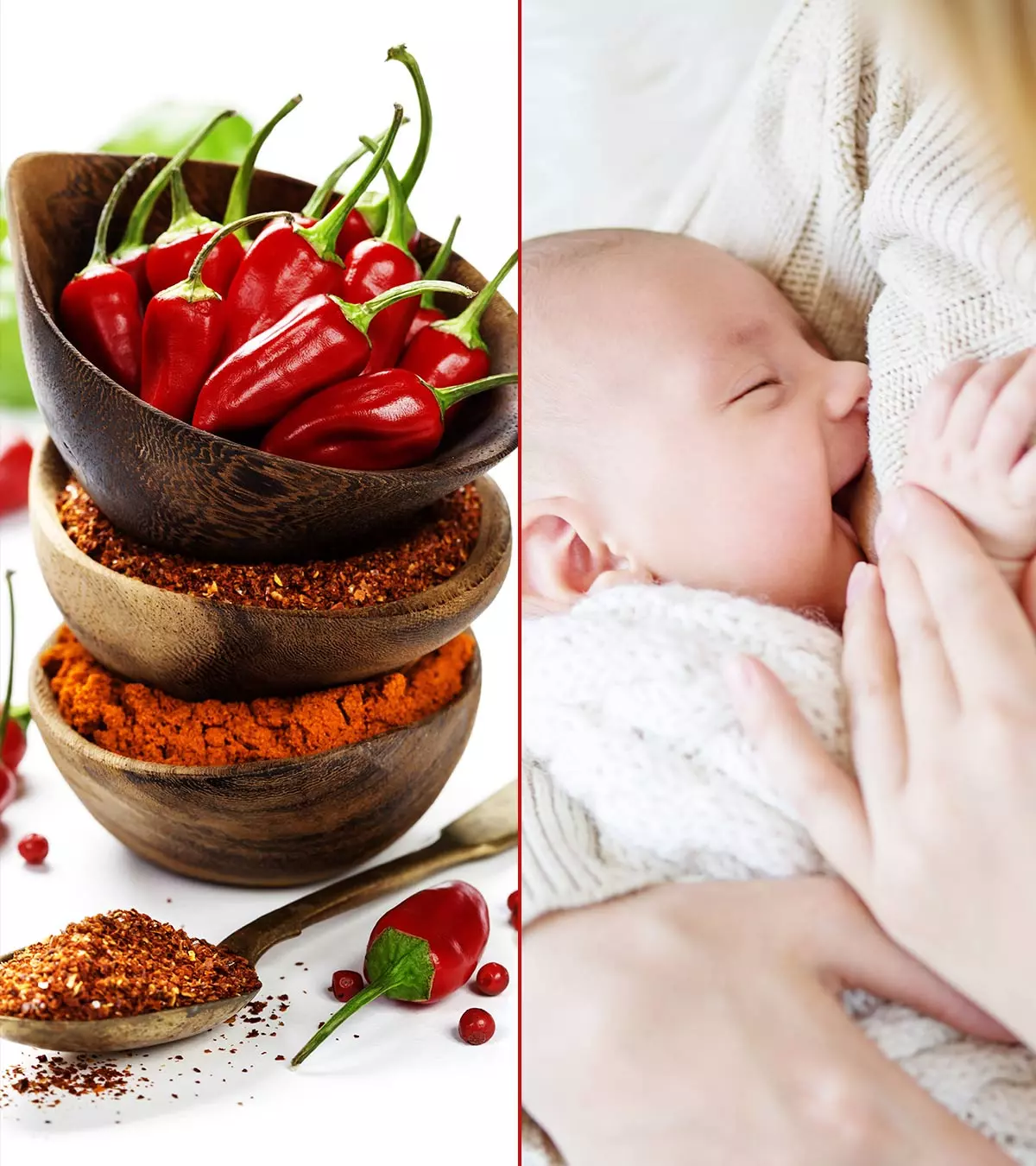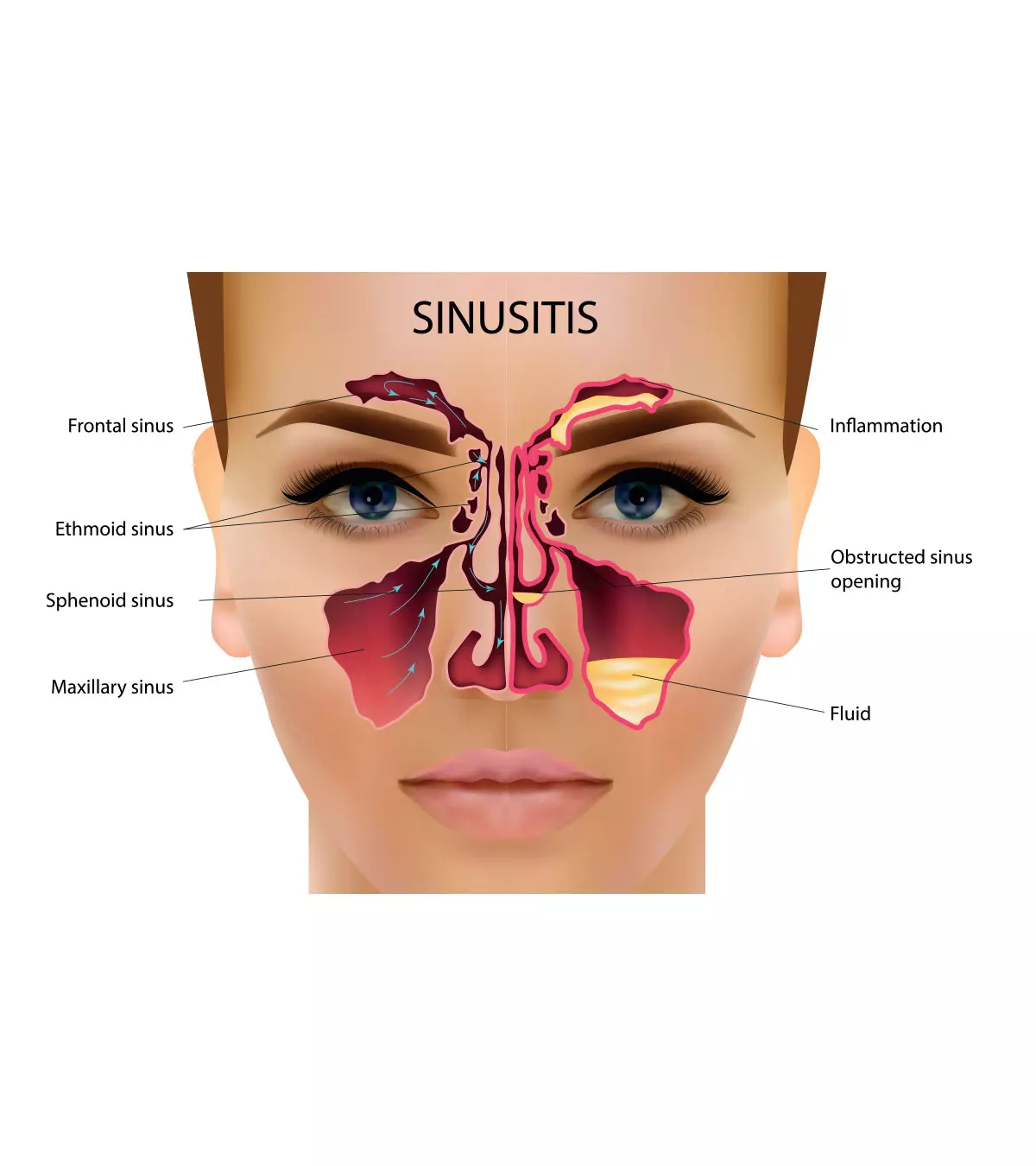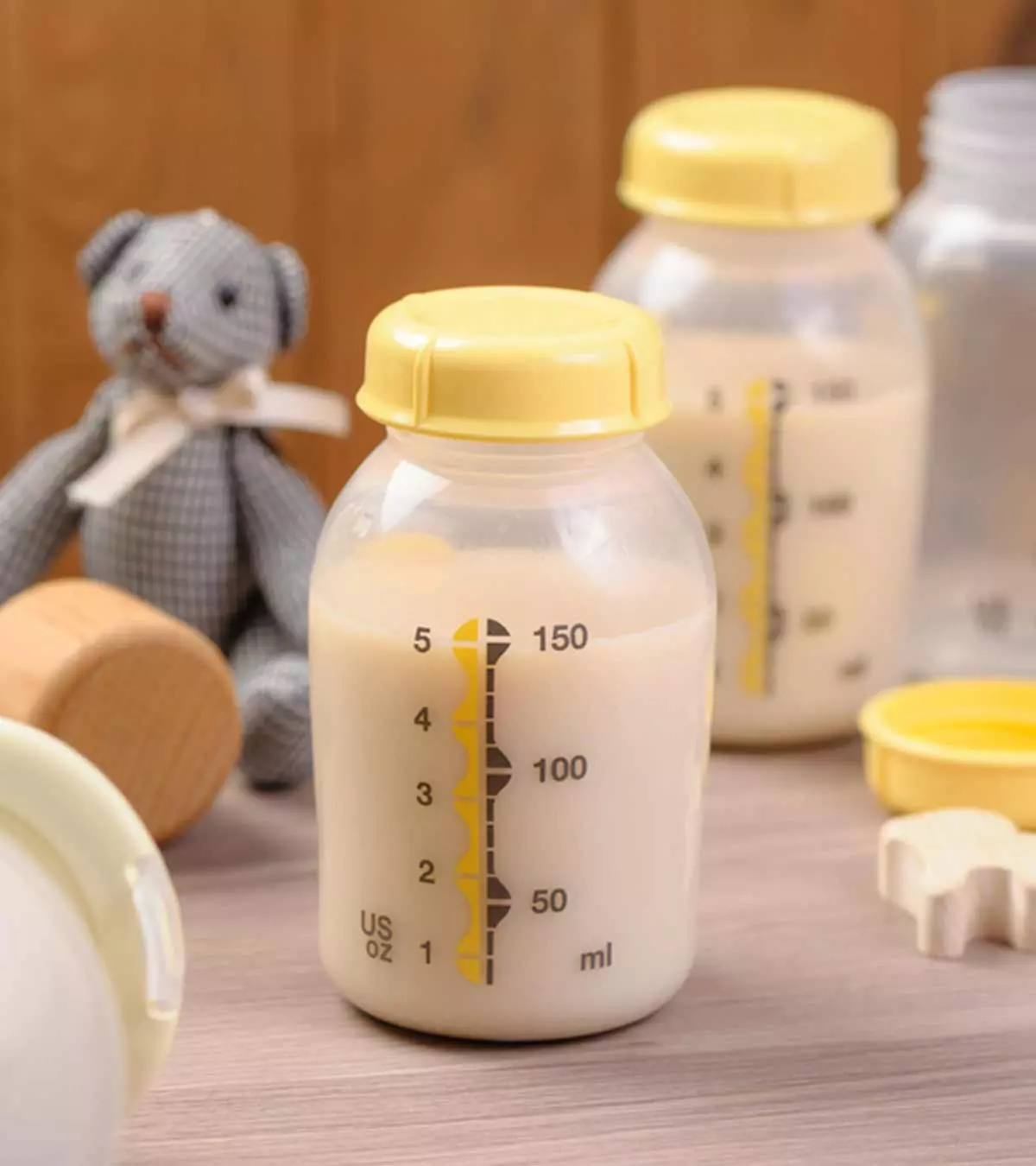
Image: Shutterstock
Some women may think twice before having spicy food while breastfeeding because they fear it might affect their baby’s health. While the common question ‘Can you eat spicy food while breastfeeding?’ remains, it may help to know that including a moderate amount of spice in your diet does not affect the baby’s health. The taste of the food that mothers eat influences their breastmilk (1). This is considered good because it enables infants to develop a taste for solid foods much before they start eating. Babies whose mothers eat a variety of food accept solid foods much more readily than others.
However, if your baby shows signs of discomfort and fussiness after feeding on breastmilk, it is better to consult a doctor to ensure the baby’s safety.
Read the post to understand if spice affects your breastmilk and how to check if your baby is sensitive to it.
Key Pointers
- Consuming moderate amounts of spicy food by a breastfeeding mother poses no risk to her baby’s health.
- Breast milk can expose the baby to flavors of solid foods and can vary in taste based on the mother’s diet.
- The mother can monitor her child’s reaction to spicy food to check for any sensitivity.
- Some symptoms of sensitivity in babies include fussiness, difficulty sleeping, discomfort, skin reactions, green stools, mucous, congestion, and vomiting.
Is It Ok To Eat Spicy Food While Breastfeeding?

Yes, it is safe. Though a tiny fraction may pass into the breastmilk, it will not affect the baby in any way. In many cultures, mothers are used to eating spicy food and don’t make a drastic change to their diet while breastfeeding. There is no evidence that their babies are gassy, fussy or irritable.
The best that you can do is to stick to a varied and healthy diet, avoiding foods that tend to make you feel uncomfortable (2).
According to psychologist Lucy Cooke who specializes in children’s nutrition, “Breastfed babies are generally easier to feed later because they’ve had this kind of variety of different flavors from their very first stages of life, whereas a formula-fed baby has a uniform experience.”
Does Spicy Food Affect Breast Milk?

Unlike formula milk, breast milk alters its taste based on the food you take. For instance, if you eat garlic-based foods, breast milk composition may change and have a similar taste and your little one would like it too. Your baby may have more feeding spells if the flavor of the milk changes thus leading to increased milk production and milk supply.
Experts even consider it a wise way to introduce the tastes of solid foods to your baby (3). International Board Certified Lactation consultant Emma Pickett says, “You’re helping your baby to develop their taste buds in preparation for starting solid foods. But basically, the sweetness of the natural sugars in the milk will dominate the flavor.”
A study conducted in the early 1990s by researchers Julie Mennella and Gary Beauchamp revealed that nursing babies of mothers who consumed garlic when breastfeeding showed longer feeding spells, sucked harder, and drank more garlic-scented milk than babies of mothers who were not exposed to garlic (4).
Another study published in 2001 indicated that babies exposed to flavors when they are in the uterus or while breastfeeding may like the same flavors when they grow (5).
However, if you find your baby upset or irritable, or you feel a heartburn then try taking a milder diet for some time. Give the baby a little more time to accept it. To check if your little one loves spicy flavored milk, go by a trial-and-error method.
 Point to consider
Point to considerHow To Identify If Your Baby Is Sensitive To Spicy Food?
You can figure out if your baby is sensitive to spicy food when breastfeeding by observing his/her reaction.
He/she may:
- turn fussy after feeding
- sleep little
- cry for a long time
- seem uncomfortable

- wake up abruptly
Other signs which indicate any reaction in your baby are:
- wheezing
- skin reaction

- mucus or green stools
- congestion
However, these signs may not necessarily signal a response to spicy food, as they could be an indication of allergy to some other foods such as wheat, dairy, citrus or corn in your diet.
 Be watchful
Be watchfulFrequently Asked Questions
1. Can maternal spicy food intake cause diaper rash in babies?
Maternal spicy food intake has not been associated with diaper rash.
2. Can spicy food affect my milk supply?
There is no scientific evidence that says spicy food can increase or decrease the supply of breast milk.
3. Can maternal spicy food intake cause babies to develop asthma, eczema, fever, or cough?
Maternal intake of spicy foods alone usually does not cause allergy symptoms such as asthma, eczema, fever, or cold. You may check for other potential allergens in your diet, such as tree nuts and cow’s milk (7).
While breastfeeding, you should be extra careful about what you eat since it may pass on to your baby through breast milk. However, consuming spicy food while breastfeeding is not generally considered unsafe, so you may safely consume a moderate amount. In fact, consuming spicy food may help your baby get acquainted with the taste and help in their transition to solid food. However, look out for adverse reactions that indicate your baby is sensitive to spicy food and consult your child’s doctor if needed.
Infographic: Common Myths About Breastfeeding Food
Like spicy foods, lactating mothers can safely consume other commonly avoided foods when taken correctly. Here is an infographic about the myths surrounding consuming different foods while breastfeeding. Illustration: Momjunction Design Team
Illustration: Is It Safe To Eat Spicy Food While Breastfeeding?

Image: Dall·E/MomJunction Design Team
References
- 5 Breastfeeding Diet Myths.
https://www.hopkinsmedicine.org/health/wellness-and-prevention/5-breastfeeding-diet-myths - Eating For Breastfeeding.
https://webarchive.nationalarchives.gov.uk/ukgwa/20180411174300/https://www.food.gov.uk/sites/default/files/multimedia/pdfs/board/life02breastfeeding1109.pdf - Introducing New Flavors to Babies.
https://www.eatright.org/health/pregnancy/babys-first-foods/introducing-new-flavors-to-babies - Julie A. Mennella and Gary K. Beauchamp; (1991); Maternal Diet Alters the Sensory Qualities of Human Milk and the Nursling’s Behavior.
https://publications.aap.org/pediatrics/article-abstract/88/4/737/57171/Maternal-Diet-Alters-the-Sensory-Qualities-of?redirectedFrom=fulltext - Julie A. Mennella et. al.; (2001); Prenatal and Postnatal Flavor Learning by Human Infants.
https://publications.aap.org/pediatrics/article-abstract/107/6/e88/66299/Prenatal-and-Postnatal-Flavor-Learning-by-Human?redirectedFrom=fulltext - Breastfeeding and a Mother’s Diet: Myth and Facts.
https://laleche.org.uk/breastfeeding-and-a-mothers-diet-myths-and-facts/ - Infant Allergies and Food Sensitivities.
https://www.healthychildren.org/English/ages-stages/baby/breastfeeding/Pages/Infant-Allergies-and-Food-Sensitivities.aspx
Community Experiences
Join the conversation and become a part of our nurturing community! Share your stories, experiences, and insights to connect with fellow parents.
Read full bio of Jyoti Benjamin
Read full bio of Swati Patwal
Read full bio of Rohit Garoo
Read full bio of Shinta Liz Sunny
















